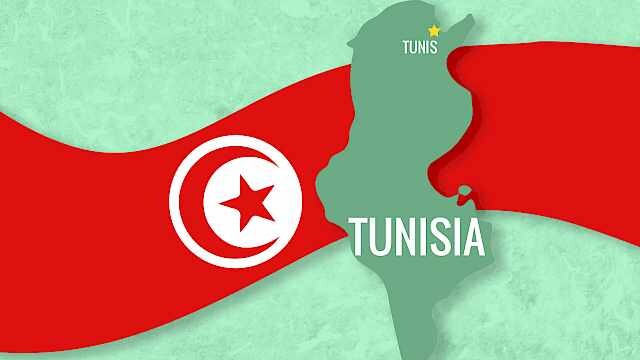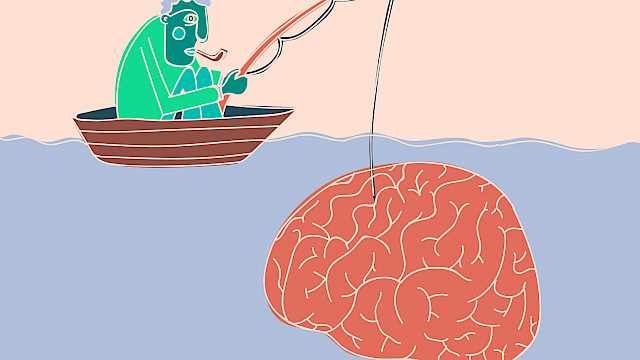Teamwork can be difficult at the best of times. Most people reading this can think of an example when working with others was frustrating.
Now imagine you are in a team of people, attempting to summit Everest for the first time. You have been with the same teammates for over two months, with little contact with anyone else. When the weather takes a turn for the worse, you and your team must quickly decide whether to abandon your summit attempt or to risk continuing. You’re out of breath from the thinness of the air and as each minute passes you are becoming colder and more exhausted.
Research would refer to this as an extreme environment, due to the incredible interpersonal, physical, and psychological challenges it presents. It is in extreme environments such as this that I seek to further understand what allows teams to function effectively. My research will focus specifically on expedition teams trekking across harsh landscapes and emergency response teams responding to incidents such as major traffic collisions, terrorist incidents and floodings.
Early research on effective team behaviours focused on business teams (e.g. how to encourage better sales in a team of salespersons). The majority of this research has little relevance to teams in extreme contexts due to the difference in pressures and risks present. In addition, research has previously focused on more obvious and observable effective behaviours (namely communication, coordination, and cooperation). Communication refers to the amount of information sharing employed by teams. Coordination refers to the ability of a team to match their behaviour to complete interdependent tasks and cooperation is represented by the desire of individuals to provide assistance to teammates.
Team cohesion is the willingness of individuals to remain part of the team
My research will use communication, coordination, and cooperation behaviours as indicators of effective team performance. However, the focus will be on other aspects of teams, that are expected to influence effective team behaviour. This will include looking at aspects such as team cohesion or goal consistency.
Team cohesion is defined as the willingness of individuals to remain part of the team, reflecting the tendency for the group to remain united in pursuit of a common goal. It is anticipated that if cohesion is higher in teams, then this will directly contribute to the amount of effective behaviour that a team is displaying. For example, if an emergency response team is highly cohesive it is expected that this will, in turn, increase the amount of useful information sharing (communication) and helpful back-up behaviours (cooperation) employed by the team.
In an expedition context, a team with a high level of cohesion is expected to find it easier to complete an interdependent task such as fixing ropes, with each team member fulfilling a specific role (coordination).

By comparing two different types of extreme context, I hope that I can identify when certain aspects of teams are more important. For example, expeditions may spend weeks, perhaps months together at any one time. This continued close contact will likely create social conflict and so the way in which teams maintain their interpersonal relationships in response to changes in daily events will be interesting. It might be that bad weather and loss of equipment causes the team cohesion to reduce rapidly which in turn may explain why the team failed to effectively communicate that day.
In contrast, emergency response teams are more likely to be brought together quickly and then disbanded shortly after the incident has been resolved. In these instances, clear goals and directive leadership will likely be important in allowing teams from different emergency services to coordinate their response.
By focusing on team effectiveness, I aim for my findings to improve the training of the emergency services, and thus increase the ability to respond to major incidents.
Expedition teams are increasingly being viewed as a valuable analogue for increasing understanding of the experiences of defence and security personnel. This is due to the prolonged periods of time they spend in harsh conditions. I hope that my research will have a useful application to defence and security personnel as well as the Emergency Services in increasing our understanding of how teams function under pressure.
Read more
- You can read an update on Olivia's research here: https://crestresearch.ac.uk/comment/teamwork-in-extreme-environments2/
Copyright Information
As part of CREST’s commitment to open access research, this text is available under a Creative Commons BY-NC-SA 4.0 licence. Please refer to our Copyright page for full details.
IMAGE CREDITS: Copyright ©2024 R. Stevens / CREST (CC BY-SA 4.0)






